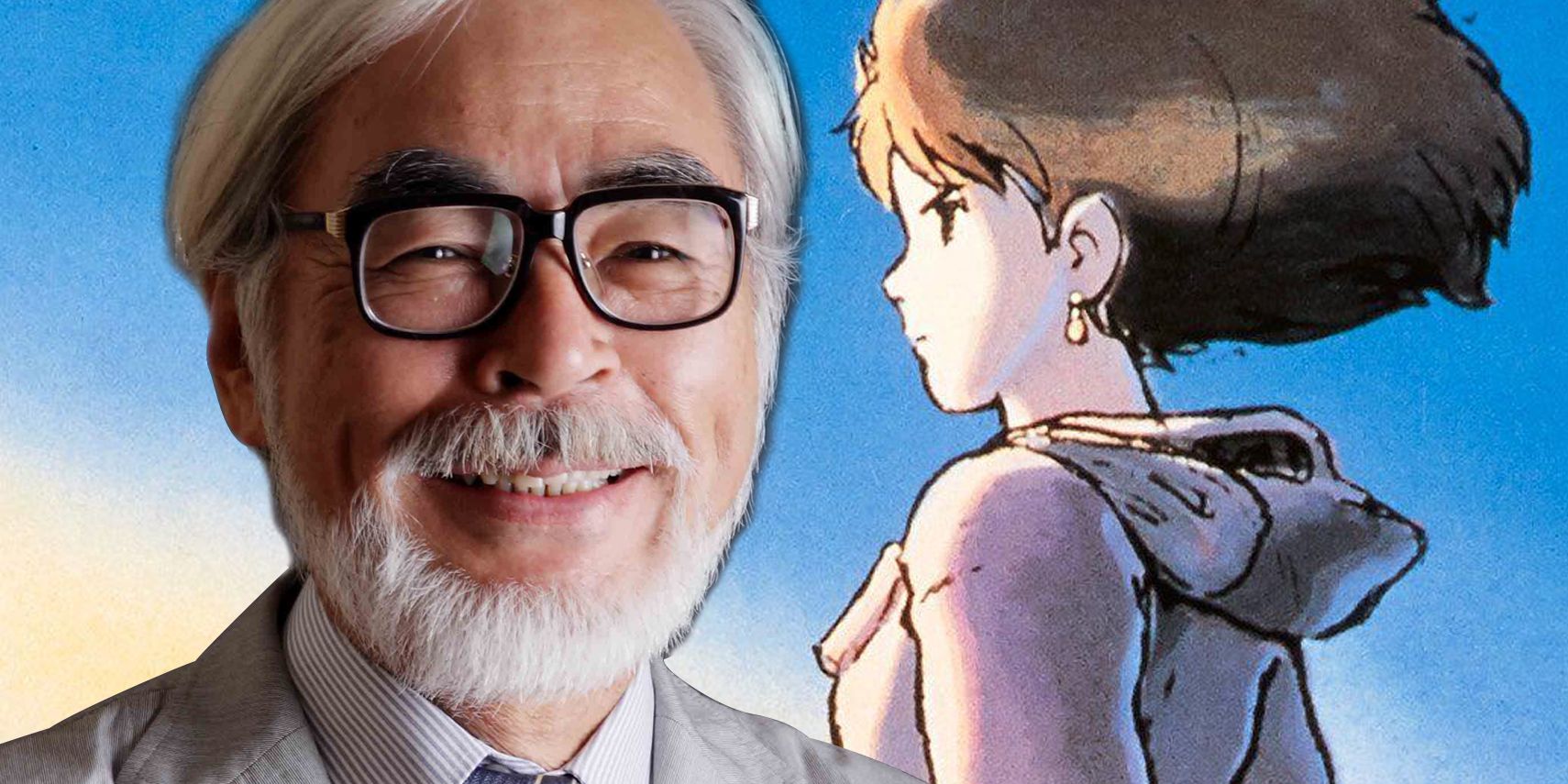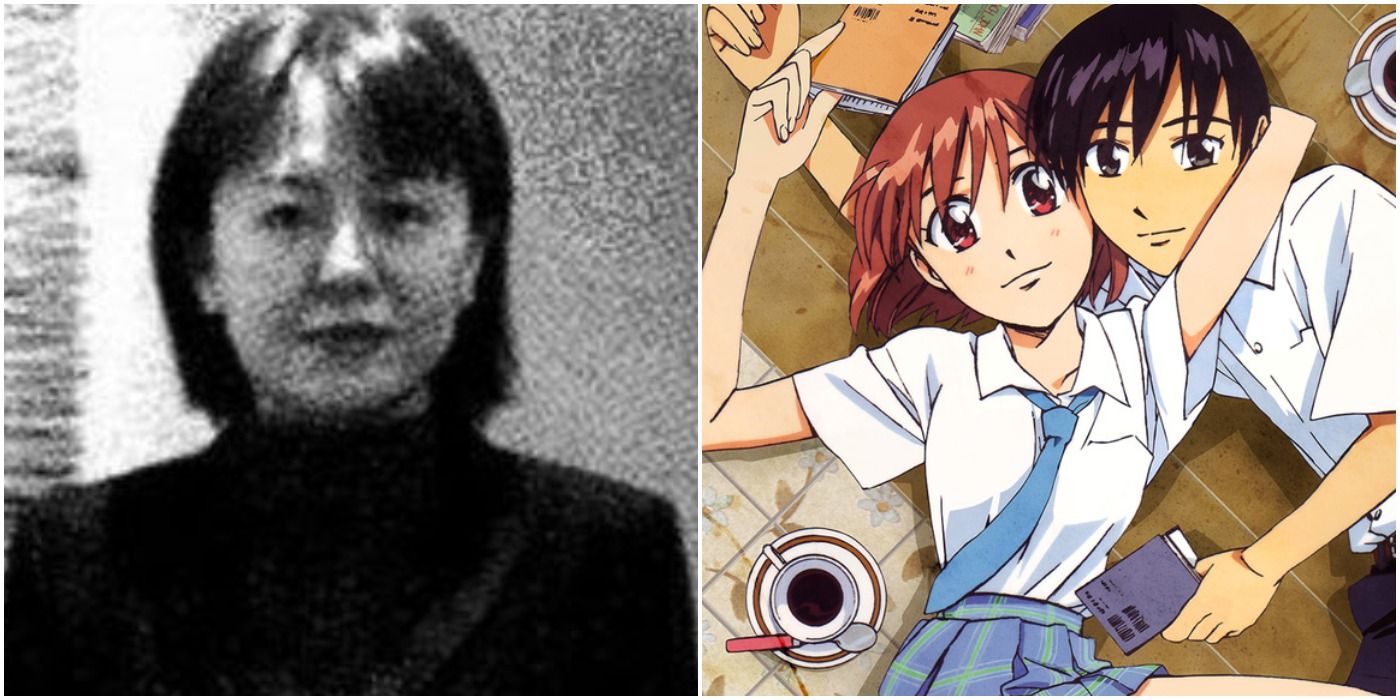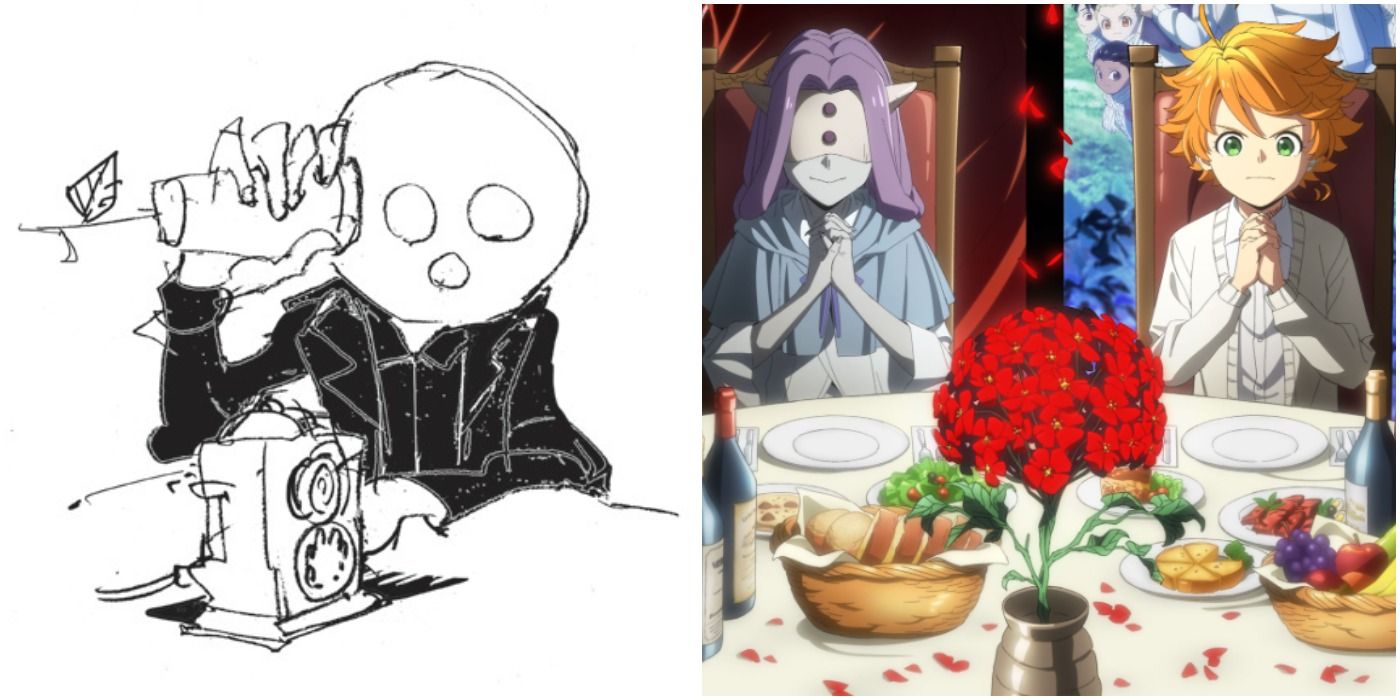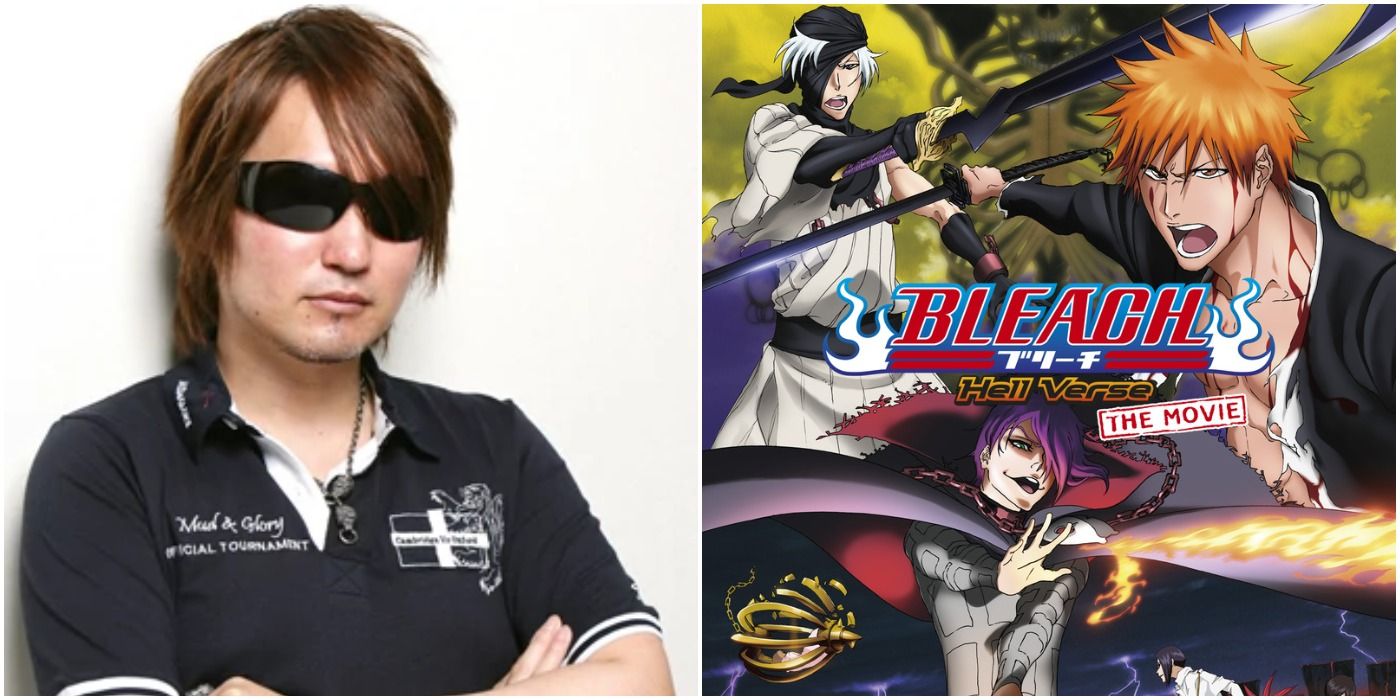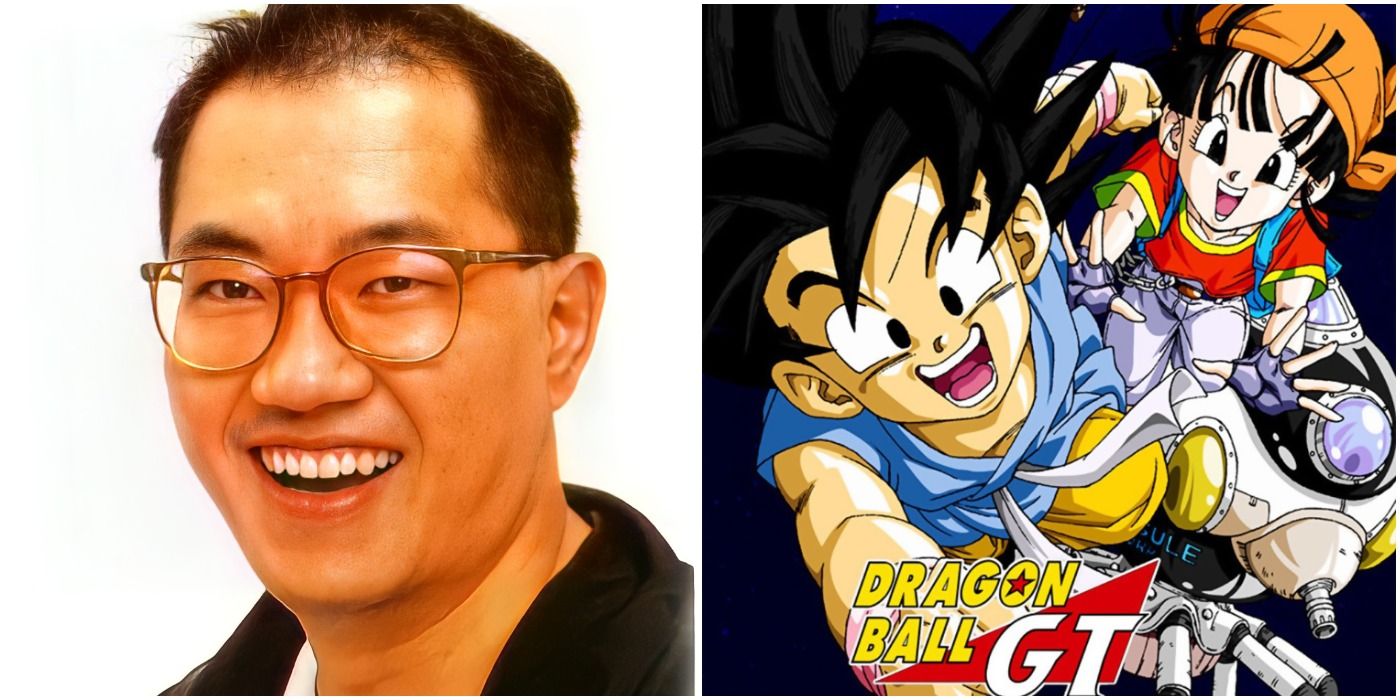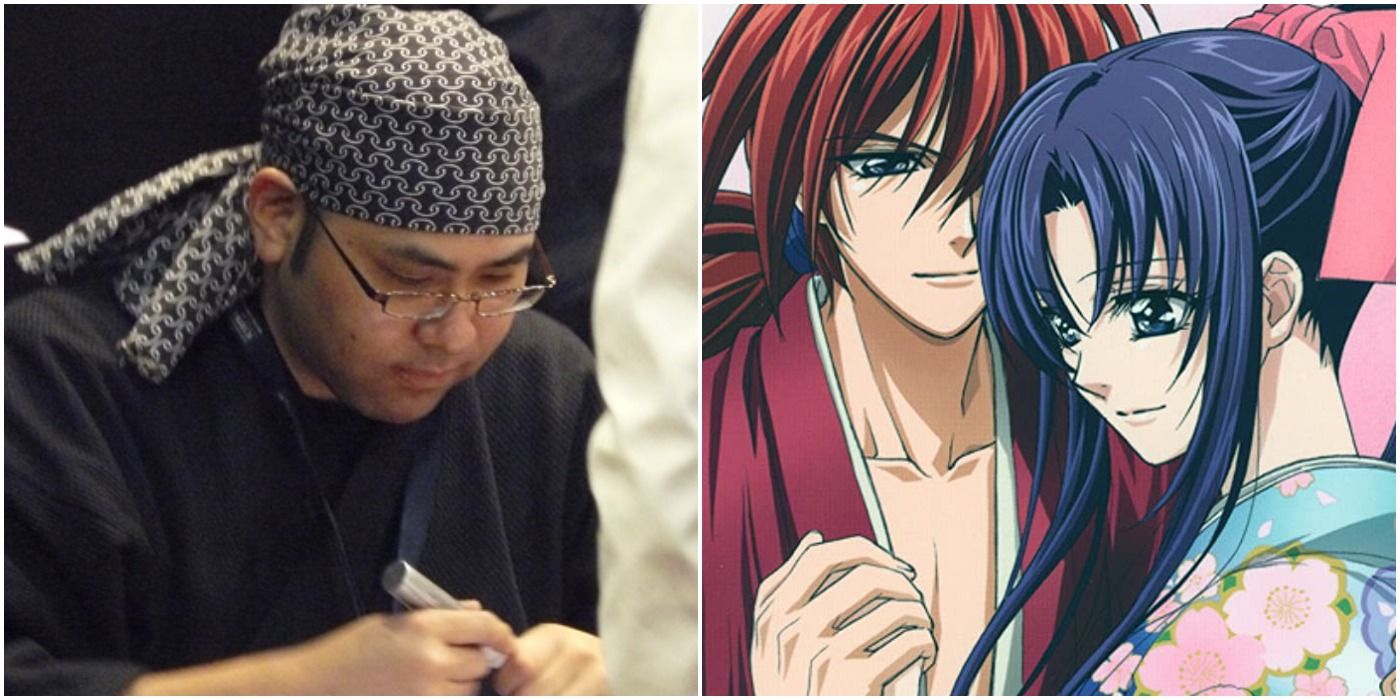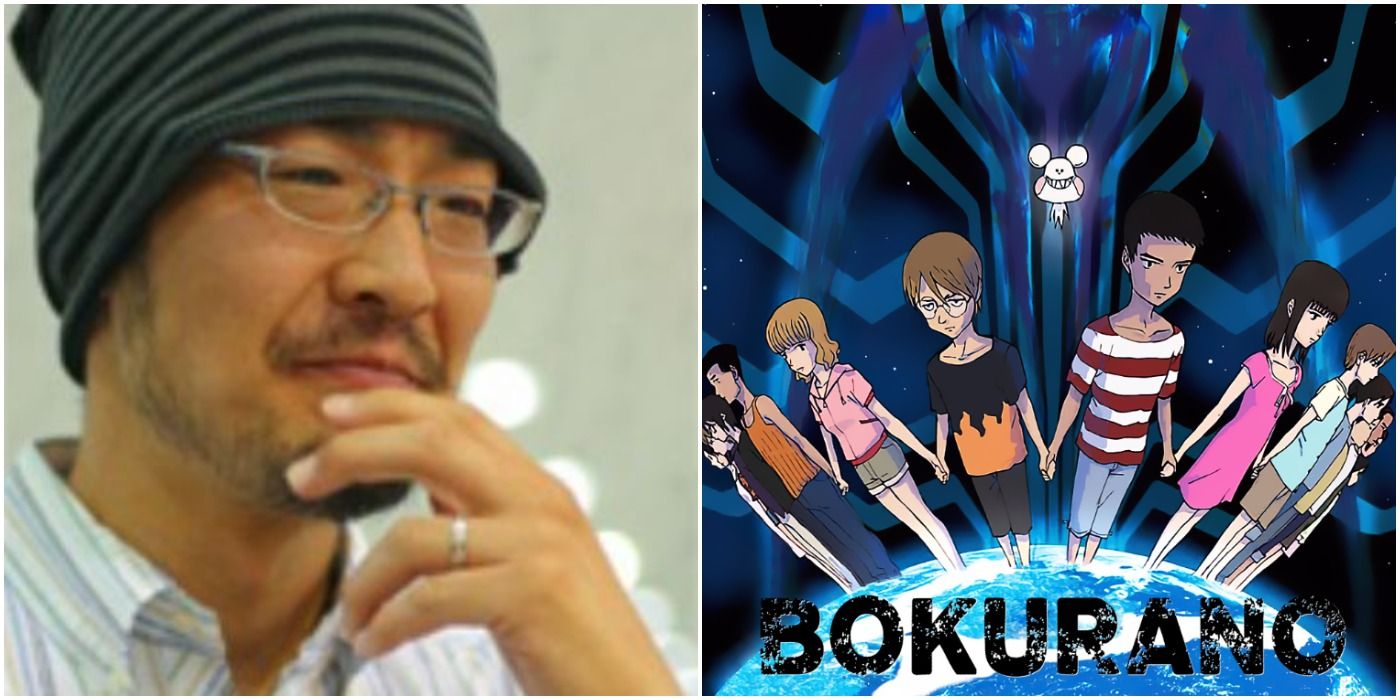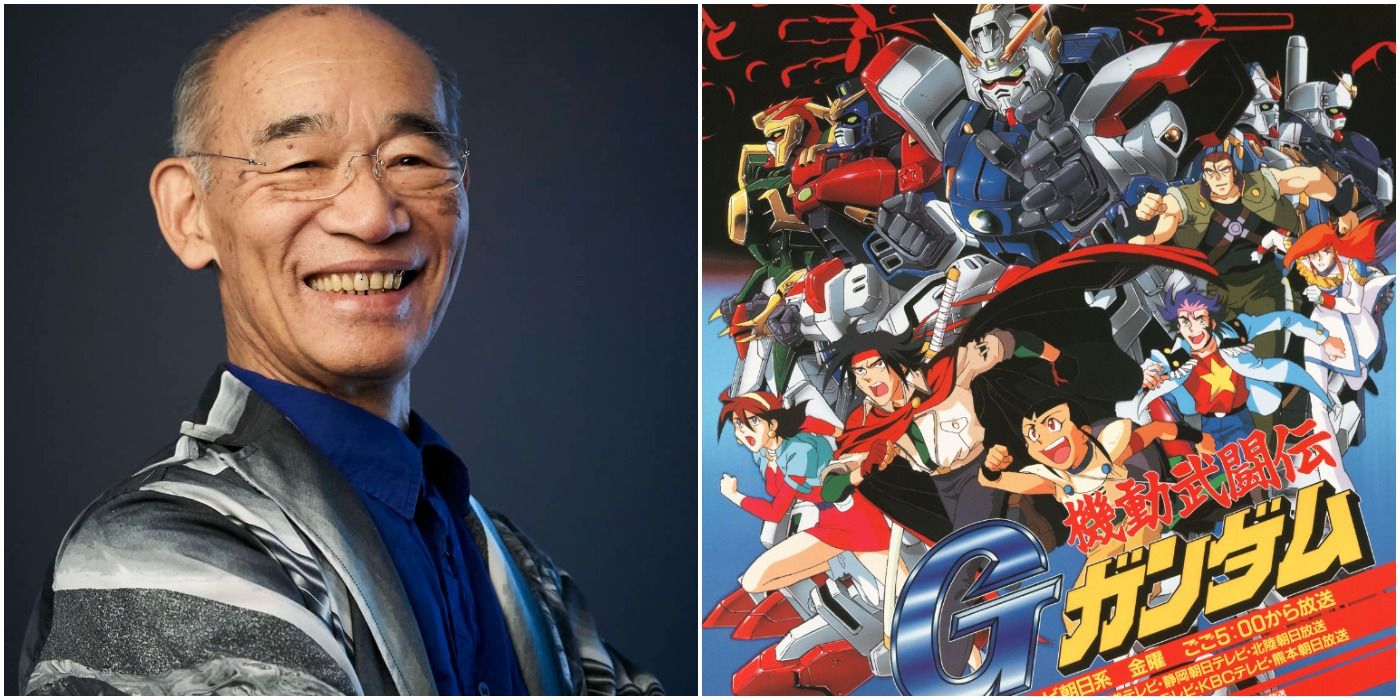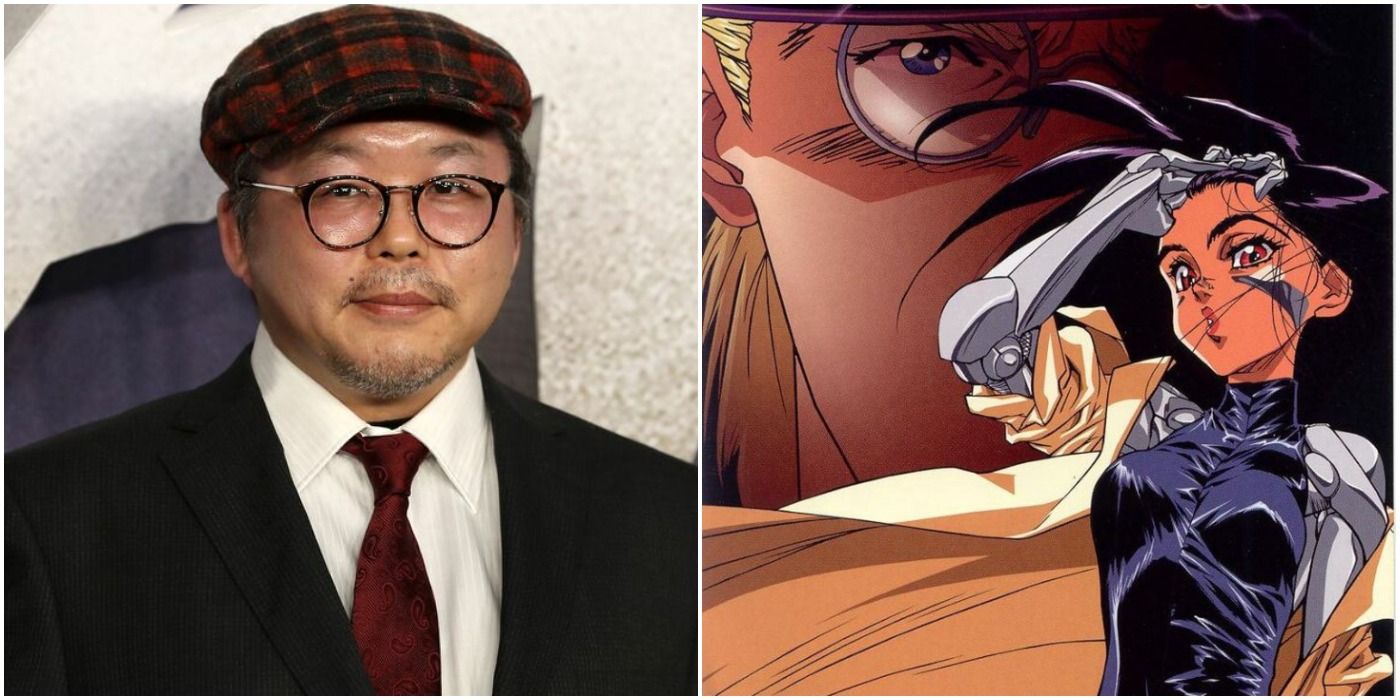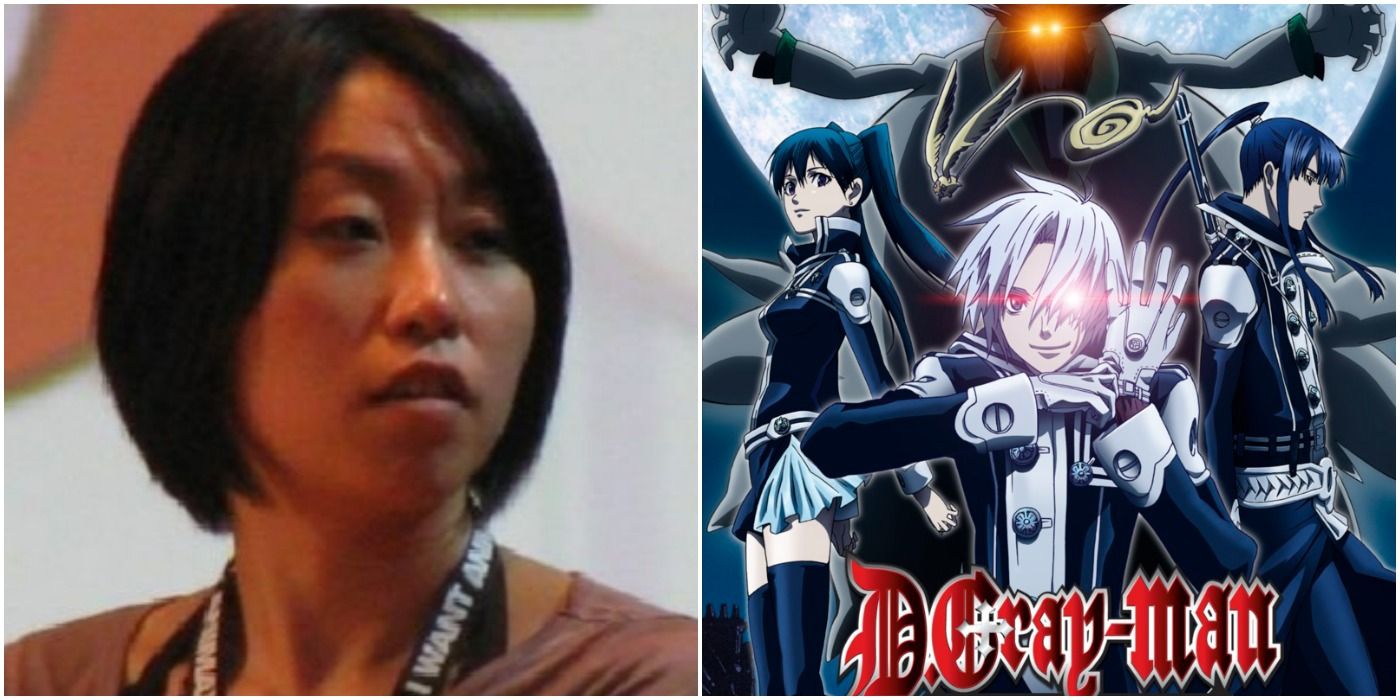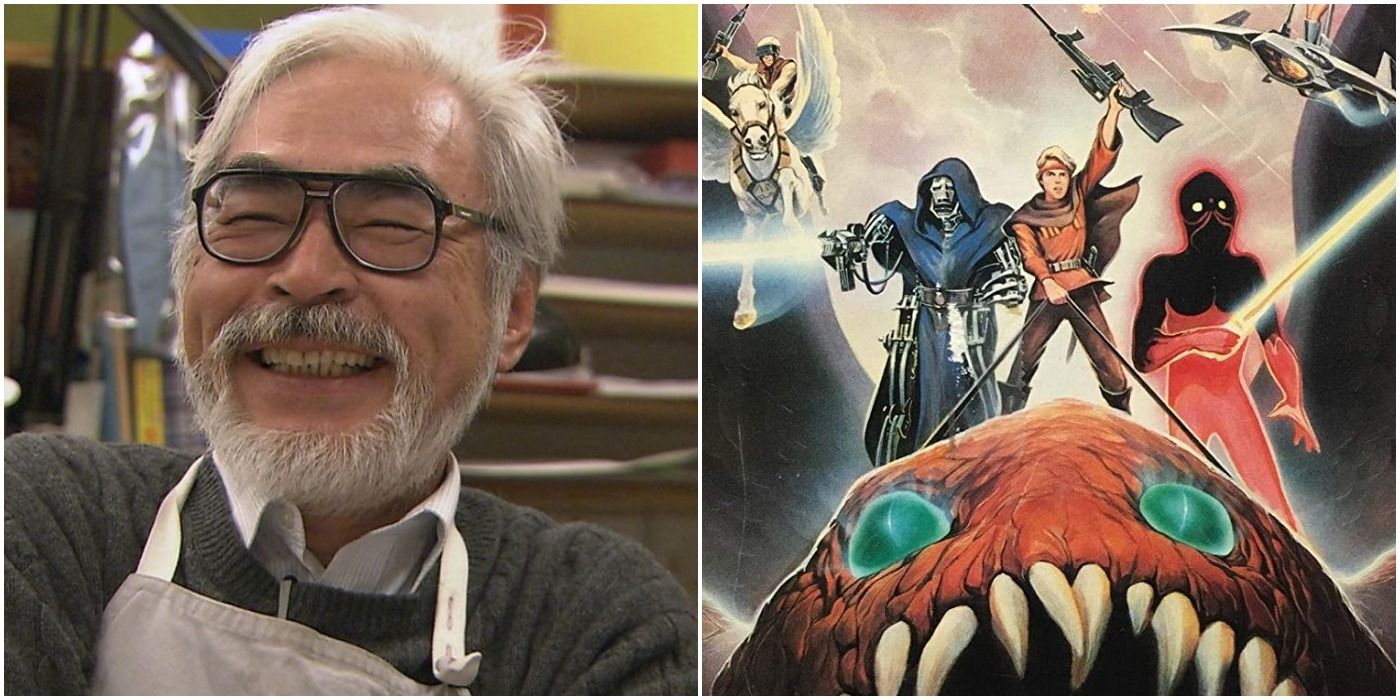Ideally, manga creators should be involved in the anime adaptation of their work. At the very least, they should give the animators and directors their blessing to take their manga in new directions.
That isn't the case for these anime which, despite being adaptations, had little to no creative input from the original creators. While most creators ended up disowning the anime adaptations, a select few actually appreciated the changes.
10 Masami Tsuda Angrily Left His & Her Circumstances Before It Could End
His And Her Circumstances started out strong as a heartwarming shojo romantic-comedy, which is why the mangaka's disdain may come as a shock. Tsuda hated how showrunner Hideaki Anno turned her slice-of-life drama about young love into a comedy. Tsuda demanded that Anno be fired, and he quit in protest before she left on her own.
Because of this, the production team wrapped things up on their own. The anime's closing episodes may have been based on leftover concepts and the manga, but Tsuda refused to contribute anything more. The anime ended with a confusing cliffhanger comprised of stock footage and whatever was lying around, like manga scans.
9 Kaiu Shirai Refused To Take Credit For The Promised Neverland's Infamous Ending
For most of The Promised Neverland's run, its author was listed as a story composer in the writing team credits. However, in the penultimate episode, Shirai's name and that of other writers' were strangely missing. Fans' concern regarding the episode's quality was justified, as the last two episodes tanked the anime's goodwill overnight.
Despite the lack of official explanations, it's clear that whatever disagreements happened behind the scenes were so bad that half the writing team either left the production before the finale or refused to take credit for it. Either way, Shirai distancing himself from it was the biggest nail on the coffin of what was once a promising series.
8 Tite Kubo's Ideas For Bleach: Hell Verse Were Rejected
Bleach is somewhat notorious among older anime fans for how many detrimental creative changes its anime made. In fact, things got so bad that seeing the deviations made Kubo physically ill. This came to a head in the fourth movie, Hell Verse, which Kubo hated so much that he wanted his name erased from the credits.
In the DVD-exclusive interviews, Kubo revealed that he gave the filmmakers ideas and scenarios which were then rejected. These creative differences fueled Kubo's attempt to remove his name from the movie, though he was convinced to do otherwise. Fans shared Kubo's sentiments, citing Hell Verse as the weakest Bleach movie to date.
7 Akira Toriyama Only Helped Out With Dragon Ball GT's Pre-Production
Dragon Ball GT was envisioned to be Dragon Ball's televised grand finale, and it even got Toriyama's direct input during its earliest stages. That said, Toriyama only stuck around for pre-production, overlooking and approving the broad storylines, character designs, and logo. After that, Toriyama left Son Goku's swan song to Toei.
The resulting anime was polarizing at best, with fans declaring it to be an epic saga's mediocre conclusion. Toriyama was similarly disappointed, and, after spending most of the 90s and 2000s in retirement, he returned to his flagship franchise and directly involved himself in new movies and the proper continuation, Dragon Ball Super.
6 Nobuhiro Watsuki Declared Rurouni Kenshin: Reflection Non-Canon
Similar to Dragon Ball GT, the OVA Reflection was meant to be the grand finale for Rurouni Kenshin. Set years after the anime's end, Reflection chronicled Kenshin Himura's last days as he returned from war only to die in Kaoru Kamiya's arms. Fans felt this was too abrupt a conclusion, and Kenshin's disgraced and divisive creator agreed.
Though he gave the anime-original finale his blessing, Watsuki didn't actually contribute to it. Additionally, he disagreed with its dour tone since he envisioned a happy ending for Kenshin after all the pain and suffering he endured. Though he admitted that it boils down to personal taste, Watsuki considers Reflection a spin-off at best.
5 Mohiro Kitoh Told His Readers Not To Watch Bokurano
Bokurano may be best known as one of the bleakest anime ever made, but it's actually an optimistic improvement over the source material. In brief, Kitoh's manga ended with everyone dying and the "game" resetting on another world. Anime director Hiroyuki Morita disliked this conclusion, so he got Kitoh's permission to change it.
Though Kitoh gave his blessing and the caveat that any surviving characters shouldn't be saved by a magical Deus Ex Machina, he explicitly warned his readers that the anime was not his story. In a fiery blog post, Kitoh put his foot down and told his followers to not watch Bokurano since he had little to do with the altered narrative.
4 Yoshiyuki Tomino Had No Control Over Mobile Suit Gundam's Alternate Century
Despite being Mobile Suit Gundam's creator and codifying the gritty real robot genre, Tomino actually doesn't have much control over his most well-known and marketable work. After wrapping up the divisive Victory Gundam, Tomino sold the franchise rights to Sunrise, which then went on to create the spin-off Alternate Century.
For most of the 90s and early 2000s, Tomino wrote Universal Century novels and manga while Sunrise churned out new Gundam shows without his input. It's been rumored that Tomino despised the Alternate Century, but, in truth, his once dismissive opinion of it mellowed out as seen in how ∀ Gundam effectively united all Gundam media.
3 Yukito Kishiro Was Too Busy To Supervise The Battle Angel OVAs
One of Kishiro's biggest regrets was his busy schedule, which prevented him from being more involved in the production of the OVA Battle Angel, the adaptation of his manga. Since Kishiro didn't supervise the OVA's creation and admitted that he didn't take production too seriously, the two episodes were made with next to no input from him.
On its own, the OVA is passable 90s schlock, but Kishiro hated it. His biggest problem was how the OVA prioritized gory action over his manga's integral humanist themes. In response, Kishiro disowned the OVAs and halted all future anime adaptations. In contrast, he was involved with the live-action Alita: Battle Angel and loved the resulting movie.
2 Katsura Hoshino Was Too Sick To Properly Overlook D.Gray-Man
Not unlike many anime from the 2000s, D.Gray-Man added lots of original story beats and filler arcs. Mangaka Hoshino didn't like this (especially the changed characterizations and abrupt ending), but neither she nor TMS Entertainment had a choice given her poor health that limited how often she could work on either the manga or anime.
After she recovered and got a new, laxer schedule to follow, Hoshino became directly involved with the production of the 2016 soft reboot/sequel series, D.Gray-Man Hallow, upon TMS Entertainment's request. Unfortunately, Hallow was hampered by its criminally short 13-episode length that even Hoshino's input couldn't salvage.
1 Hayao Miyazaki Hated The Americanized Nausicaa Of The Valley Of The Wind
Something few people know about Studio Ghibli's Nausicaa Of The Valley Of The Wind is that it was an adaptation of writer/director Miyazaki's very own manga. In 1985, a year after its domestic launch, the movie was exported to America. Instead of just dubbing it, though, Mason International and Showmen Inc. remade it.
Nausicaa became Warriors Of The Wind, which cut 22 minutes and simplified the environmentalist meditation into a patronizingly child-friendly fantasy cartoon. Miyazaki hated this unauthorized rewrite so much that he banned Ghibli movies from being exported for years. It was only in 2003 that Nausicaa got the localization it deserved.

